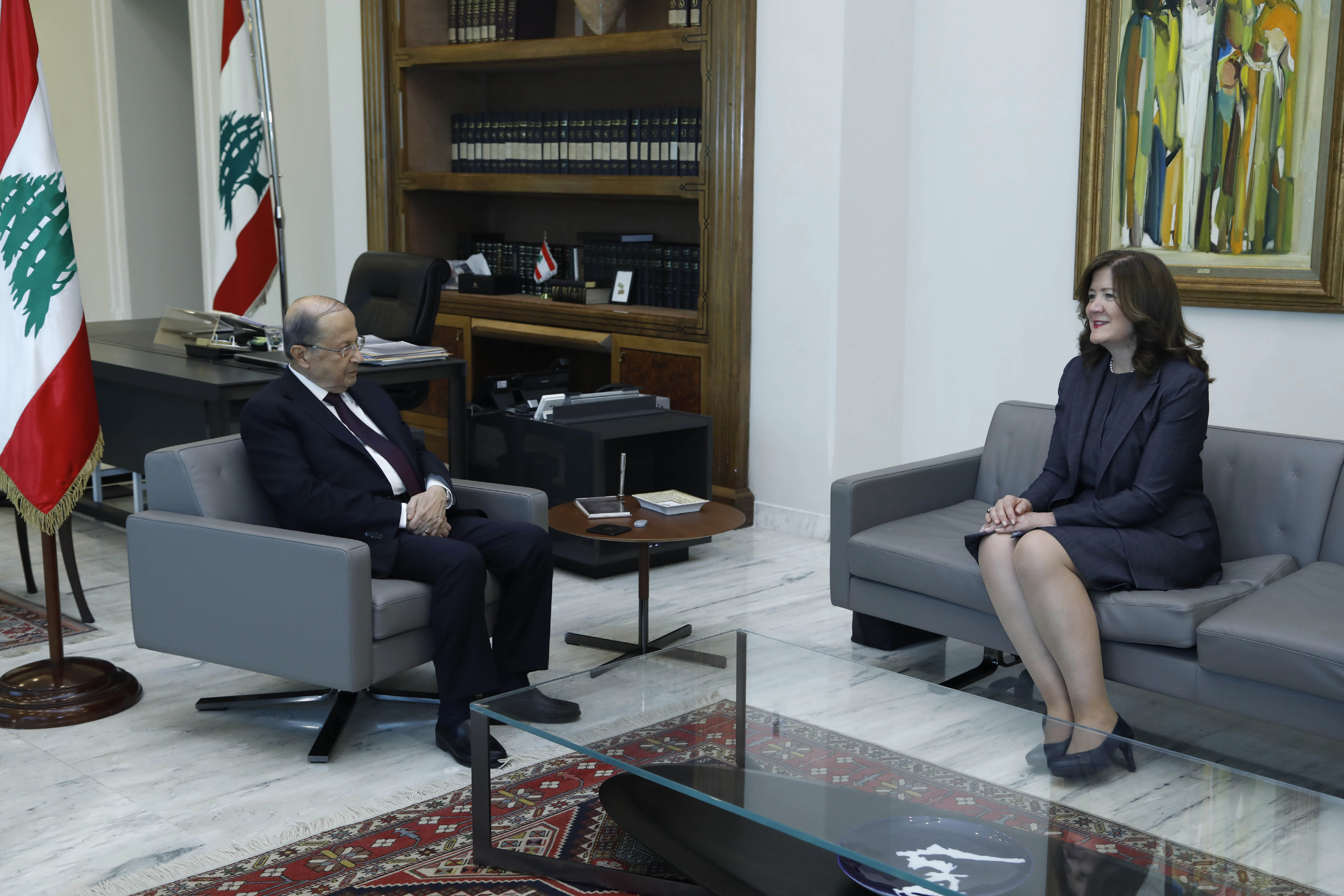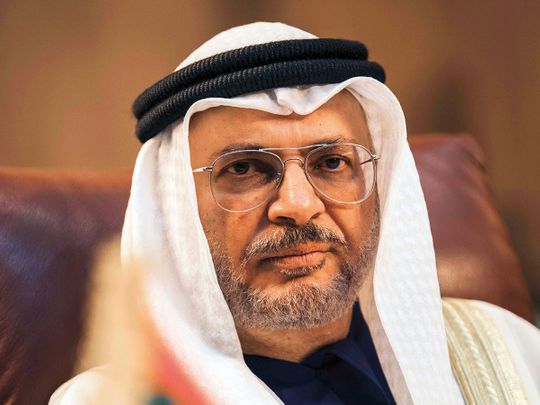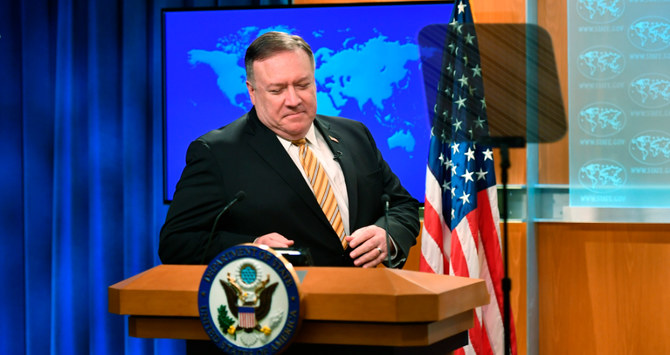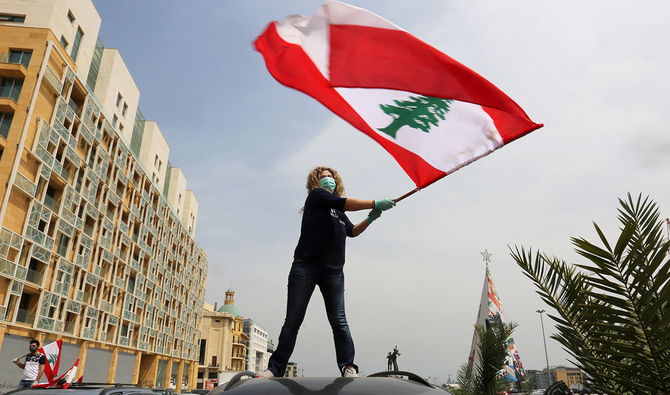
by arabnews.com — NAJIA HOUSSARI — BEIRUT: The head of the International Monetary Fund (IMF) has issued a doom-laden forecast over the outcome of crucial talks aimed at solving Lebanon’s financial woes. Kristalina Georgieva, the IMF’s managing director, said she did not “expect progress in the negotiations with the Lebanese officials” over helping the country out of its economic crisis. Former Lebanese Interior Minister Ziyad Baroud told Arab News: “What Georgieva said has already been stated for years by the International Support Group for Lebanon (ISG), but her declaration comes at a time when Lebanon is negotiating with the IMF.” Speaking on Friday, the IMF chief said: “IMF officials are still working with Lebanon, but it is not clear whether it is possible for the country’s leaders, active parties, and society to agree on implementing the reforms needed to stabilize the economy and boost economic growth.”
The financial meltdown in the country has seen the Lebanese pound lose 75 percent of its value over the past eight months. Georgieva pointed out that “the core challenge is to implement a set of very difficult but necessary reforms.” She said that the situation in Lebanon was “breaking her heart,” adding that it was a “country which has a strong culture of entrepreneurship, and is hosting refugees from Palestine and Syria to help alleviate a major humanitarian crisis.” Reaching an agreement with the IMF would require a strong commitment from the Lebanese government to implement a set of structural reforms in public institutions. The ISG has called for a prompt resolution to problems in the electricity sector, the issuance of a law that guarantees the independence of the judiciary, and new rules controlling public-sector purchasing and tendering by ministries, public institutions, councils, and municipalities. One of the most urgent issues for Lebanon is to restore the confidence of its citizens, the international community, and international financial institutions.









